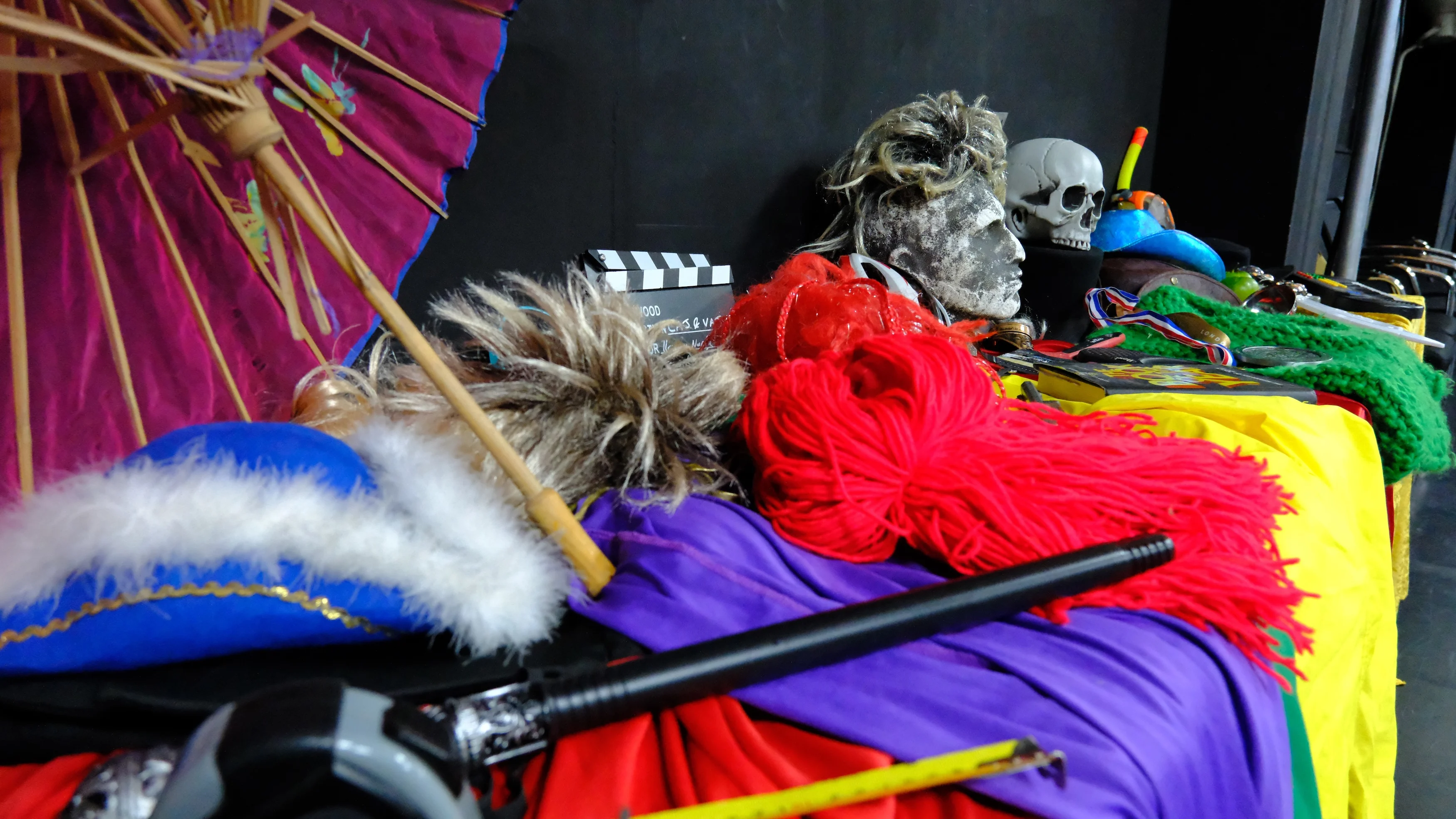
Make Friends Have Fun With Props: Play Games, Discover, Connect - Playface x The Fun Fed
Old Winchester Arms, London
Learn More

In clowning, the flop is what happens when things don’t go to plan. The joke doesn’t land. The game falls apart. The audience doesn’t respond - or responds in a way you didn’t expect. In most theatre, that’s a problem. In clowning, it’s the beginning of something real.
The flop isn’t something to avoid. It’s something to notice, feel, and play. Whether it’s scripted or spontaneous, the flop is often the moment the audience leans in.
These are deliberate failures. The clown thinks their trick will work - it doesn’t. The audience sees the fall coming, and that’s the fun. Maybe the clown tries to sing a high note and squeaks. Maybe they dramatically reveal... nothing. These flops are structured and rehearsed, but they only work if the clown’s hope feels real.
These are real moments when what the performer thought would work... doesn’t. You try something. The audience doesn’t bite. The silence stretches. Something unexpected happens. This is the moment to stay open. If you play the flop—show your clown’s feelings about it, stay present, and change direction—you can turn a dead moment into gold.
Feel it: Don’t skip past the flop. Let it land. Let us see the impact.
Don’t hide: Covering it up makes it awkward. Owning it makes it funny.
Stay playful: You don’t need to fix it. Just keep playing with what’s real now.
Use it to shift: The flop is often a sign: this idea didn’t fly—try something else.
Some performers stage an unplanned flop near the start of the show. They set up a moment that looks like a genuine mistake—something goes wrong, they look embarrassed, it feels real. Why? To teach the audience what kind of show this is. To reveal some early vulnerability. To get the audience on side fast.
It’s risky. You need to know what you’re doing. But done well, it shows just how powerful the flop can be when used with intention.
They make us care: If something goes wrong, it means something was at stake.
They reveal the clown: The flop strips away pretence. What’s left is often the truest part.
They bring life: No two flops are the same. They keep the show alive and responsive.
They can transform: A well-played flop can become the audience’s favourite moment.
It’s not failure that makes us love a clown. It’s what they do with the failure. The flop says: I tried, and it didn’t work. The clown replies: I’ll try again. That’s funny, and hopeful, and sometimes even moving.
